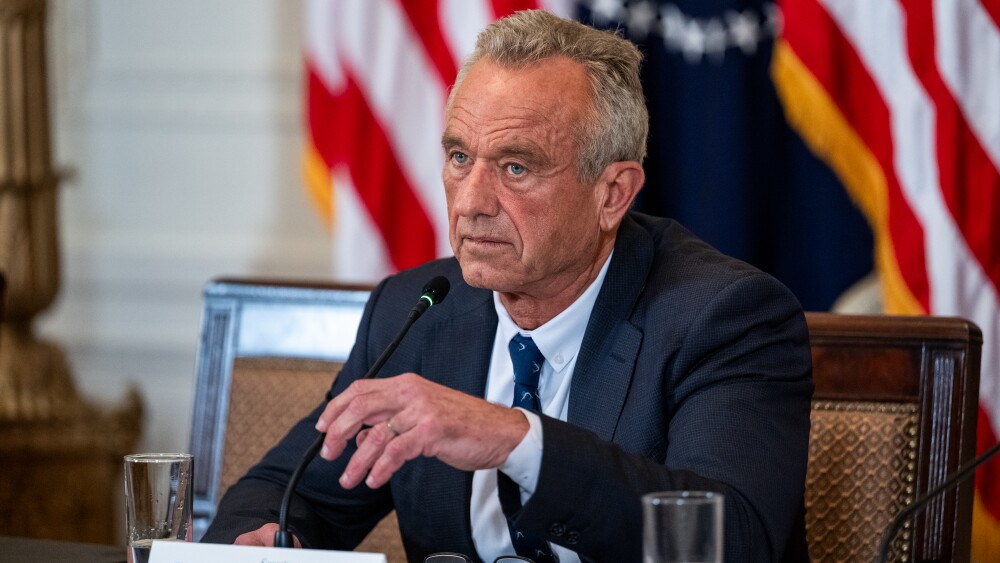WALTHAM, Mass., Jan. 14, 2015 /PRNewswire/ -- Research to be presented at the Society of Critical Care Medicine (SCCM) 44th Annual Conference in Phoenix shows that non-invasive minute ventilation monitoring is more accurate than the far more commonly used pulse oximetry.
A study of 220 post-operative patients at Harvard Medical School and Massachusetts General Hospital found that 64 percent of pulse oximetry alarms were false alarms, said lead author Dr. Christopher Voscopoulos, of Contra Costa Medical Center of Martinez, Calif., who is board certified in Anesthesia, Critical Care and Pain Management. In the six cases of real respiratory depression among the patient group, non-invasive monitoring of respiratory volume, known as minute ventilation, identified the condition before pulse oximetry monitors.
The findings mirror those presented at the Society for Technology in Anesthesia (STA) Annual Meeting held Jan. 7-10 in Phoenix.
One of two posters presented at the STA conference presented a head-to-head comparison of minute ventilation and capnography and concluded that capnography is an "inadequate proxy for [minute ventilation] in non-intubated patients" and suggested that clinicians "carefully weigh the cost-savings against the increase in patient risk and the likelihood of incurring extra cost due to preventable respiratory complications."
A second set of findings, presented by Dr. James H. Philip, of Brigham and Women's Hospital, Harvard Medical School, found that non-invasive minute ventilation monitoring can be used to accurately monitor patients taking remifentanil, a synthetic opioid analgesic, without the need for intubation. The study showed that minute ventilation monitoring offers clinicians an accurate early-warning of respiratory depression, which frequently occurs with patients who've been administered opioids.
The innovative ExSpiron Monitor, produced by Respiratory Motion, Inc., is the only device that monitors respiratory volume non-invasively. It offers real-time monitoring and diagnostics that display an EKG-like trace of respiratory function.
"The overwhelming evidence is that non-invasive minute ventilation monitoring, as done with the ExSpiron Patient Monitor, is far more sensitive and reliable for use in busy clinical settings where alarm fatigue poses a significant threat to patients," said Dr. Jenny E. Freeman, Respiratory Motion's founder and CEO. "It's time to recognize that minute ventilation significantly raises the standard of care beyond the capabilities of antique technologies like pulse oximetry and capnography. False alarms that were acceptable when typical hospital staffing levels were higher 50 years ago pose serious threats to patient care today. Clinicians need reliable technology that won't raise false alarms but will warn when patients are at risk of respiratory depression."
In hospital settings, changes in breathing status often precede deterioration towards respiratory depression and cardiac arrest. In-hospital cardiopulmonary arrests are estimated to be as high as 750,000 a year and may lead to 50,000 deaths annually. The most common events preceding these cardiopulmonary arrests are respiratory.
Respiratory depression can occur partly in response to medications, such as narcotic painkillers and sedatives commonly administered after surgery. Because the strength of these medications and each patient's response is unique, respiratory depression can strike when least expected. Averting respiratory failure through early detection can reduce catastrophic events, improve patient care and outcomes, decrease healthcare costs and save lives.
The U.S. Department of Health & Human Services' Agency for Healthcare Research and Quality finds the annual costs of respiratory insufficiency, arrest and failure was $7.8 billion in 2007, making respiratory issues the third most rapidly increasing hospital inpatient cost in the United States: http://www.hcup-us.ahrq.gov/reports/statbriefs/sb91.jsp
Respiratory volume measurement is used to monitor the amount of air actually breathed by a patient. In 2012, Respiratory Motion won U.S. Food and Drug Administration clearance for its revolutionary ExSpiron monitoring system, the first technology to provide continuous, non-invasive respiration volume in spontaneously breathing patients.
About Respiratory Motion, Inc.
Respiratory Motion, Inc. is a medical device company based in Waltham, Mass., that develops innovative technology to monitor respiration and help clinicians and hospitals improve patient safety and outcomes. The company's monitoring systems can identify patients who are at risk for life-threatening respiratory depression. This allows physicians to prevent the dangerous condition before it harms a patient. To learn more, visit www.respiratorymotion.com.
For more information contact:
Jack Auer
Vice president, sales and marketing
Respiratory Motion, Inc.
781-354-8051
jack.auer@respiratorymotion.com
Jim Martinez
Rightstorygroup
312-543-9026
jim@rightstorygroup.com
To view the original version on PR Newswire, visit:http://www.prnewswire.com/news-releases/sccm-presentation-to-show-non-invasive-minute-ventilation-monitoring-more-accurate-than-oximetry-cuts-false-alarms-300020146.html
SOURCE Respiratory Motion, Inc.




